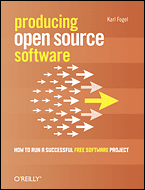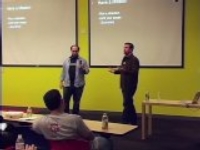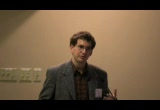 |
Producing Open Source SoftwareHow to Run a Successful Free Software Projectby Karl Fogel |
|
2020-08-14: |
|
Producing Open Source Software is a book about the human side of open source development. It describes how successful projects operate, the expectations of users and developers, and the culture of free software. The book is released under an open copyright. You can buy it in bookstores, order copies from O'Reilly Media, or browse and download it here.
| English | Translations | Bonus Tracks |
|---|---|---|
|
|
Special thanks to CollabNet for its extensive support in the writing of this book.
Video Presentations:
- What's In It for Me? How Your Company Can Benefit
from Open Sourcing Code
Ben-Collins Sussman and Brian Fitzpatrick As the open source community continues to clamor for more companies to open source their code, more and more executives are asking themselves just what open source can do for their company. There are a number of ways for a company to open source an internal project: from tossing code over the wall on the one hand to running a fully open development project on the other to any combination of the two. This talk will discuss the costs and benefits associated with each method as well as how to successfully launch your new open source project. Given as a Google Tech Talk.
- How Open Source Projects Survive Poisonous People
(And You Can Too)
Ben-Collins Sussman and Brian Fitzpatrick Every open source project runs into people who are selfish, uncooperative, and disrespectful. These people can silently poison the atmosphere of a happy developer community. Come learn how to identify these people and peacefully de-fuse them before they derail your project. Told through a series of (often amusing) real-life anecdotes and experiences. Given as a Google Tech Talk.
Principles of Participation for Open-Information Communities
Transcript: OpenOffice (ODT), PDF, MS-Word (DOC)
Karl Fogel
Slides: OpenOffice ODP, PDF, PowerPoint, HTML- A presentation on principles by which corporations and other organizations can successfully participate in "open-information communities" — communities collaborating around shared, non-monopolized information. Given as a keynote at the Fujitsu Labs of America Technology Symposium (FLATS) 2007.



[Thanks to C. Michael Pilato for web site style tweaks.]
